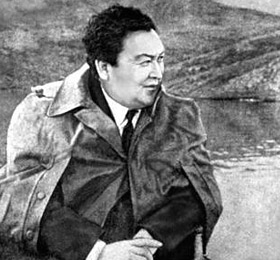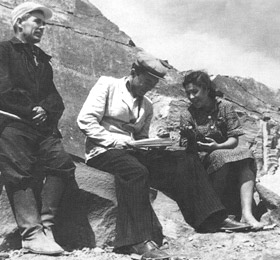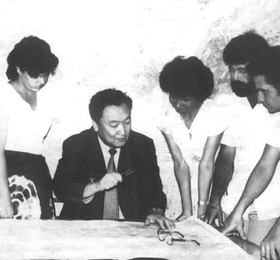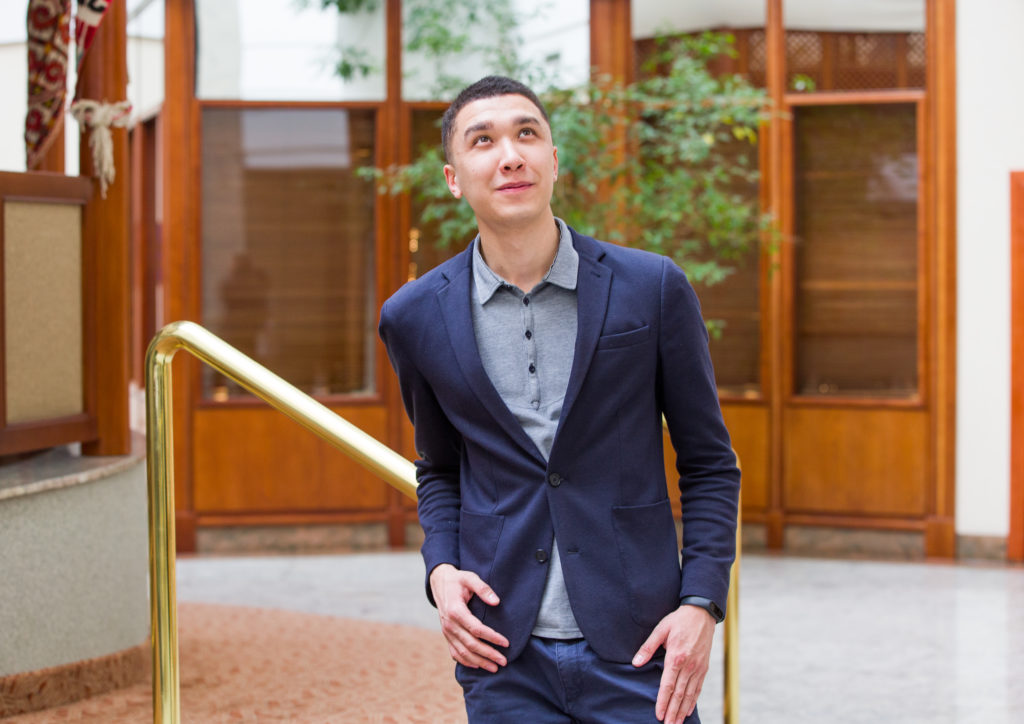Bexultan Abylkhani
Specialization: Chemical Engineering. Internship: The Open University, UK.
22-year-old Bexultan, of course, did not dream of chemistry since childhood. And not since childhood he wanted to become an engineer-ecologist. But the victory in the competition of British internships, conducted by the Shakhmardan Yessenov Foundation, came to him in accordance with the logic of life – through thorns and systematic movement towards the goal.
Why did you decide to become a chemical engineer?
My choice of the School of Engineering was obvious as I had always had an interest in physics and mathematics. And when time came to choose specialization, it did not take too much of it to think: I have never had common language with the drawing and the electrical circuits, but chemistry and I always were friends. A special thanks to my chemistry teacher Ardak Khasenovna from National Physics and Mathematics School named after Zhautykov. She instilled the interest in her subject since my youth. Chemical industry (oil and gas sphere, metallurgy and mining) is a developing industry in our country. And I see the future for myself in it.
What did you find interesting during the grant competition?
For me, this competition was the third attempt to win a grant. Earlier I reached the final (in the Foundations’ competition “Internships in laboratories of the world”), but did not become a winner. In this competition for me the most interesting was that the final selection of winners was made by professors of the British University, which was quite unusual. They evaluated applicants based on the quality of applications, experience and achievements. In the competition” Internships in the laboratories of the world”, the winners have been usually selected through a business game, where the psychologists opinion was one of the most important, though the selection criteria for me remained not quite clear.
How was your internship in the United Kingdom?
I worked in the group of Dr. Carl Boardman; we studied bioplastics and determined its decomposition. I experimented on napkins that are positioned as biodegradable. The experiments conducted took up to 90 days, and it just began in the last couple of weeks of my internship. At the same time I studied the content of the gastrointestinal tract of fish for the presence of microplastic in it. It’s sad but fact: 88% of the examined fish contained at least one type of micro-plastic. This research work has been completed. But during the internship, of course, I had more than just science. There was also football, because England is its homeland: I went to the matches of local teams and the games of the championship of England, visited Wembley. I was also lucky enough to attend the tennis Grand Slam tournament in Wimbledon. Of course, I travelled a lot all over the country.
What did you achieve last summer?
We had technical problems with the instrumentation and the experimental setting, and research on biodegradable napkins was suspended. Primary information was that napkins, after all, but they do not decompose in some soils, lake and oceanic basins. But despite this, we are working to ensure that the results are published in a conference journal. With plastic, we have identified three of its types: polyethylene, polyethylene styrene and cellophane in the digestive tract of fish. Article on this research entitled “The effects of trophic transfer, fishing intensity and location on microplastic uptake by Plaice, Pleuronectes plastessa, and Spider Crab, Maja Squinado” was sent to the journal “Environmental Pollution”, Elsiever. Now it is being studied by its editor. Looking forward publishing it.
What’s next, Bexultan?
Upon graduating the Nazarbayev University I plan to get a Master degree in Europe in the specialty of an engineer-ecologist. The other day I received an invitation from the University of Stuttgart; I was told that I had been accepted to enter their Master’s degree program. At the moment, I’m wondering if I accept the invitation. Maybe I’ll take a gap year and work first to know our chemical industry better because in the end I would like to apply my experience and knowledge in the construction and operation of a waste recycling plant or enterprises related to the production of energy from waste in Kazakhstan.
27.03.18, Stories
Seen by: 1,018





